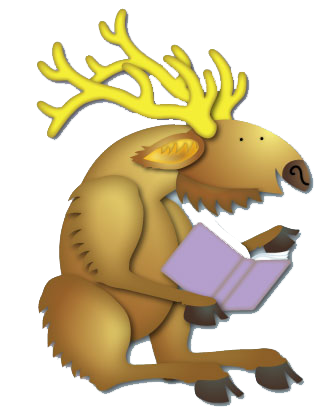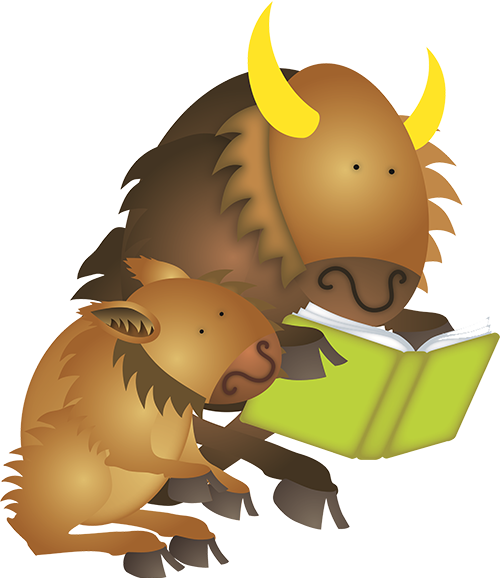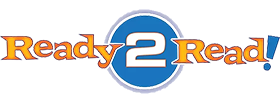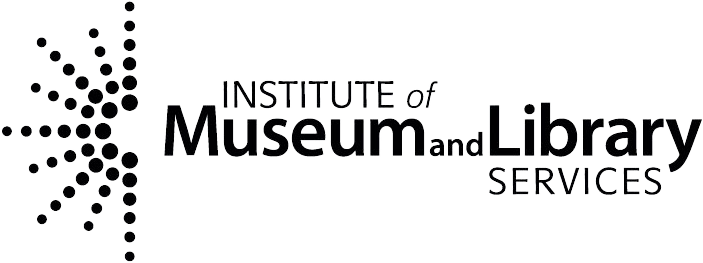Getting Started
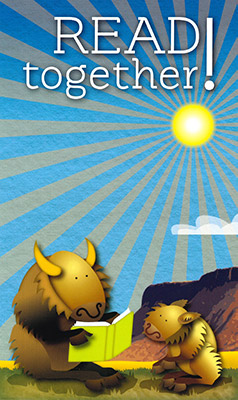 Shared reading is the most important activity you can do to help your children get ready to read! Reading together helps you become your child’s first teacher as you encounter new stories, situations, and ideas together. Through reading together, you are helping your child develop a lifelong love of reading and learning! And remember that looking at pictures and talking about the story - even just a few pages - can be fun for your child.
Shared reading is the most important activity you can do to help your children get ready to read! Reading together helps you become your child’s first teacher as you encounter new stories, situations, and ideas together. Through reading together, you are helping your child develop a lifelong love of reading and learning! And remember that looking at pictures and talking about the story - even just a few pages - can be fun for your child.
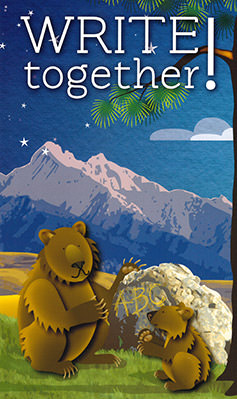 When children use a pencil and paper, crayons, markers, or any writing tool, it helps develop those fine motor skills they will use for writing. Drawing shapes can help them later on when they learn how to write letters, and scribbles/doodles can help them get used to controlling their pencil. Letting kids cut up heavier paper (like junk mail) with child-sized scissors also helps with fine motor skills.
When children use a pencil and paper, crayons, markers, or any writing tool, it helps develop those fine motor skills they will use for writing. Drawing shapes can help them later on when they learn how to write letters, and scribbles/doodles can help them get used to controlling their pencil. Letting kids cut up heavier paper (like junk mail) with child-sized scissors also helps with fine motor skills.
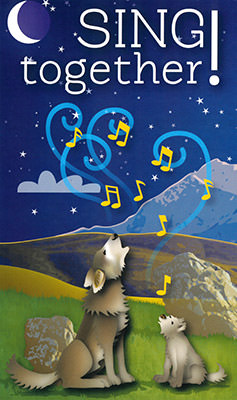 Singing breaks words into smaller pieces and helps your child hear the small differences in language. It also encourages them to have fun with words, learn how things rhyme, and express themselves creatively. Share songs you love with your child, and help them create their own songs with words they learn! If you don’t remember a lot of songs, find some music at your library to bring home, or download some favorite songs. Listening to music is really fun with kids, but remember that your child loves YOUR voice the best. Try to have a few songs that you enjoy singing to your child, especially at bedtime.
Singing breaks words into smaller pieces and helps your child hear the small differences in language. It also encourages them to have fun with words, learn how things rhyme, and express themselves creatively. Share songs you love with your child, and help them create their own songs with words they learn! If you don’t remember a lot of songs, find some music at your library to bring home, or download some favorite songs. Listening to music is really fun with kids, but remember that your child loves YOUR voice the best. Try to have a few songs that you enjoy singing to your child, especially at bedtime.
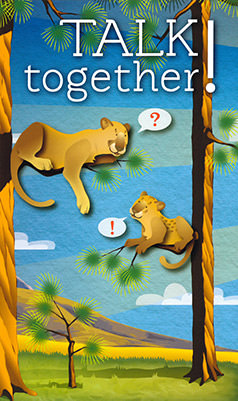 Through talking, you can help your child learn new words, develop their speaking and storytelling skills, and help them understand what they later read. Talk with your child every day to help them get ready to read. Remember, talking with babies and toddlers is how they learn language! One way to talk with very young children is to narrate what they are doing, or what you are doing. “You are petting the dog. Does she feel soft?” or “I’m stirring the batter for the cookies. Then we’ll put them in the oven.” Even if you are a quiet person, this is the time to increase your language output!
Through talking, you can help your child learn new words, develop their speaking and storytelling skills, and help them understand what they later read. Talk with your child every day to help them get ready to read. Remember, talking with babies and toddlers is how they learn language! One way to talk with very young children is to narrate what they are doing, or what you are doing. “You are petting the dog. Does she feel soft?” or “I’m stirring the batter for the cookies. Then we’ll put them in the oven.” Even if you are a quiet person, this is the time to increase your language output!
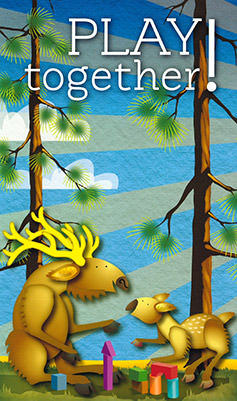 Playing is how children learn and make sense of the world! Pretend and make-believe, building with blocks, categorizing objects and recognizing patterns, cooperating with their peers - these are all skills they will need to be successful later on in life. Parents can expand a child’s play by asking questions and helping them as they play. “You’re a firefighter? What else do we need to fight a fire?” Play with them and help them develop these skills now! You can set up fun play spaces and find ways you enjoy playing together as your child grows.
Playing is how children learn and make sense of the world! Pretend and make-believe, building with blocks, categorizing objects and recognizing patterns, cooperating with their peers - these are all skills they will need to be successful later on in life. Parents can expand a child’s play by asking questions and helping them as they play. “You’re a firefighter? What else do we need to fight a fire?” Play with them and help them develop these skills now! You can set up fun play spaces and find ways you enjoy playing together as your child grows.
